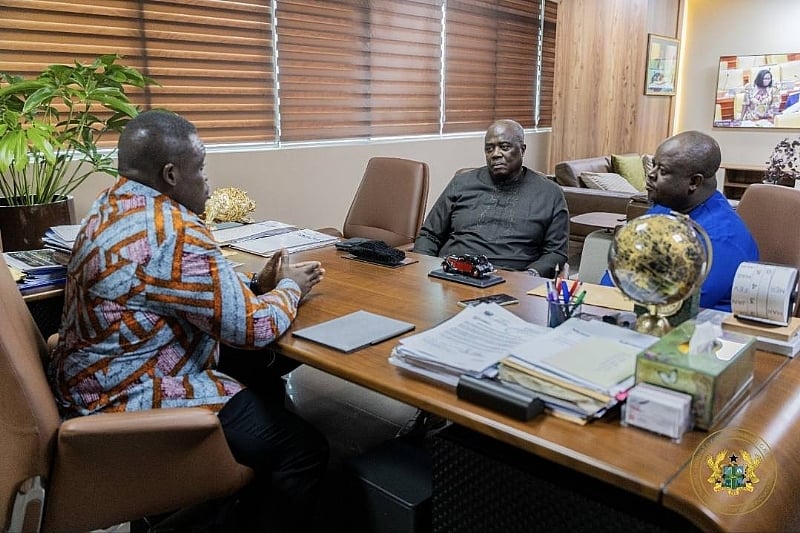The Impasse Between MultiChoice Ghana and the Ministry of Communications
The escalating tension between the Ministry of Communications, Digital Technology and Innovation and MultiChoice Ghana, operators of DStv, has reached a critical juncture. Minister Samuel Nartey George has reiterated his commitment to enforce regulatory action against MultiChoice, citing what he deems “unfair and exorbitant” subscription fees imposed on Ghanaian subscribers. This stance has been met with resistance from MultiChoice, who argue that further price reductions are economically unviable. Despite calls for a more conciliatory approach from the Minority in Parliament, the Minister remains resolute in his pursuit of regulatory intervention, characterizing it as a necessary measure to protect consumers and address what he perceives as monopolistic practices.
At the heart of the dispute lies the affordability of DStv subscriptions for Ghanaian households, particularly in the context of prevailing economic hardships. Minister George contends that MultiChoice’s pricing model is detached from the economic realities faced by many Ghanaians. He has publicly criticized the company’s stance as insensitive to the financial pressures faced by consumers. MultiChoice, on the other hand, maintains that their pricing reflects the costs of operation and that further reductions would be unsustainable. This fundamental difference in perspective has fueled the ongoing standoff, with both sides appearing entrenched in their positions.
The Minister’s actions are underpinned by what he terms the “RESET agenda,” a framework seemingly aimed at reforming the communications sector and promoting fairer practices. He has indicated that the regulatory action against MultiChoice is a key component of this broader agenda. While acknowledging the concerns raised by the Minority in Parliament regarding the potential implications of regulatory intervention, the Minister has emphasized that such action is non-negotiable. He has assured Parliament that the Ministry will provide a comprehensive update on the matter following the conclusion of the regulatory process on August 7th.
The Minister’s chronology of events preceding the regulatory action reveals a series of engagements between himself and representatives of MultiChoice. He details meetings held in June and July, during which he conveyed his concerns regarding the pricing structure and also raised the issue of piracy affecting DStv’s platform. He asserts that these meetings failed to yield satisfactory outcomes, leading to the decision to pursue regulatory intervention. He describes this decision as a “last resort” taken after exhausting other avenues for resolution.
MultiChoice’s response to the Minister’s directive has been one of disappointment, characterizing the potential suspension of their broadcasting license as “regrettable.” They maintain that their pricing is justified and that reducing prices further would compromise their operations. This response further underscores the deep divide between the two parties. The company has yet to publicly elaborate on their proposed solutions to address the Minister’s concerns, adding another layer of complexity to the already tense situation.
The impending regulatory action scheduled for August 7th promises to be a pivotal moment in this ongoing saga. The outcome of this intervention will have significant implications for both MultiChoice and the broader landscape of the Ghanaian communications sector. It remains to be seen whether the regulatory action will lead to a resolution that satisfies both parties or further escalate the conflict. The Minister’s commitment to transparency and accountability, as expressed in his public statements, suggests that the public will be closely informed of the proceedings and their outcomes. The situation continues to unfold, with the potential for significant ramifications for the future of pay-television services in Ghana.


